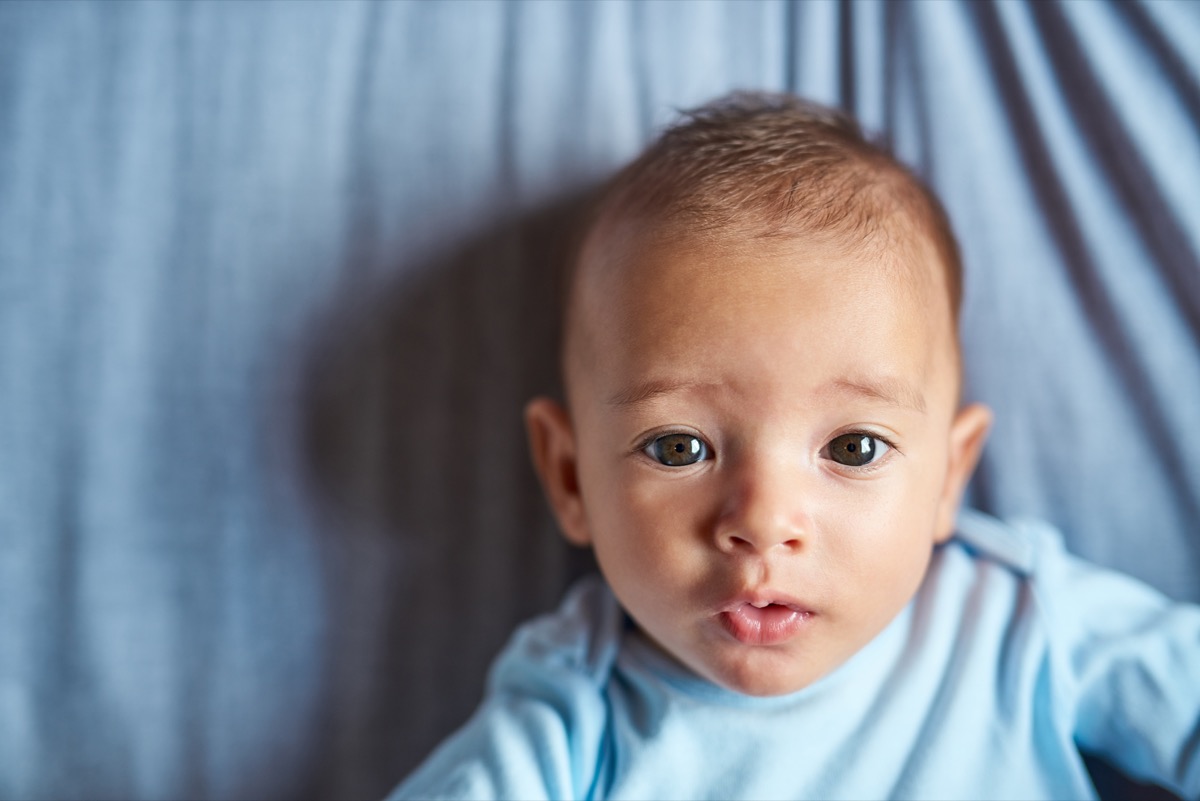“We looked at every child treated in our clinic, and those born in the fall were much more likely to experience all of the conditions associated with the Atopic March,” lead study author Jessica Hui, MD, said in a statement.ae0fcc31ae342fd3a1346ebb1f342fcb The Atopic March is the natural progression of allergic diseases that begin early in life, generally starting with eczema, which then has a domino effect resulting in food allergies, hay fever, and asthma, according to the American Academy of Allergy, Asthma, & Immunology. This is not the first research to point to a similar conclusion. A 2012 study published in the European Journal of Allergy and Clinical Immunology also found that a baby’s season of birth is a risk factor for food allergies, although the reason remains unknown. And another study, published in 2011 in the Annals of Allergy, Asthma, & Immunology, found that babies born in fall and winter had a higher risk of developing food allergies. Researchers discovered that among children with food allergies under the age of 5, 59 percent were born during those two seasons. The authors of both studies believe there may be a connection between food allergies and a lack of vitamin D at an early age. It’s possible, the researchers hypothesize, that the correlation between seasonal births and allergies could be connected to seasonal fluctuations in sunlight. RELATED: For more up-to-date information, sign up for our daily newsletter. For their part, researchers at NJH are planning to conduct more studies to determine why babies born in the fall are at a higher risk for the Atopic March, so they can try to remedy this phenomenon. As Hui noted, “We think if we can intervene at a very young age, even right after the baby is out of the womb, then potentially that’s a way for us to try to stop the development of this Atopic March.” And to make sure your allergy symptoms aren’t something more serious, check out Coronavirus vs. Allergy Symptoms: Experts Highlight the Differences.
